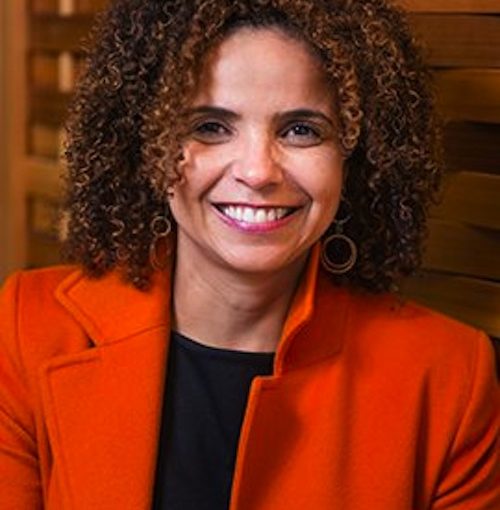Dr. Elizabeth Shaffer (photo from ischool.ubc.ca)
The expression of history matters. This issue, previously confined mainly to academic discourse, has been thrust into the public sphere as never before. In this year of upheaval and change, a spotlight seemed to follow the systemic racism exhibited by police forces across North America. Along with widespread protests about police behaviour came a wave of questions and action about how we choose to convey our collective history. Monuments toppled around the world, raising questions about how and why certain people are memorialized in our national consciousness and whose story is missing.
In Vancouver, the Jewish Museum and Archives of British Columbia is at the forefront of this dialogue, pushing the agenda of inclusion and trying to make sure that the stories of as many members of our community are heard and recorded. The museum, which was founded as the Jewish Historical Society of British Columbia, has been engaged for decades in collecting the oral histories of Jews from the spectrum of Jewish life – the stories that provide a greater context to what it means to be Jewish in this place.
This year, at the Jewish Museum’s annual general meeting on Nov. 18, the keynote speaker contextualized the importance of having a variety of voices and experiences shape our collective understanding of history. Dr. Elizabeth Shaffer, executive director of the University of British Columbia’s Indian Residential School History and Dialogue Centre and assistant professor at the UBC School of Information, spoke to a group of well over 100 people via Zoom.
Shaffer highlighted issues of social justice, marginalization, accountability and collective remembering. Each of these topics is thought-provoking on its own, but, grouped together, the picture she painted was more than the sum of its parts. Shaffer discussed why certain monuments are problematic. She said the protests that took place this summer across the globe created a robust dialogue about “who counts.” Increased understanding that our current narrative is depicted from the perspective of the colonizer has shown the need for viewpoints of “othered people” to be included.
While Shaffer’s primary focus is on reconciliation and how museums and archives should be reimagining their roles in terms of the Indigenous population of Canada, she presented a broad call to examine practices and positionality vis-à-vis marginalized people. She suggested that museums need to collaborate with communities more and that technology has presented us with unique opportunities to do so. Social media has democratized the recording of history, allowing more citizens to contribute to the dialogue in ways never seen before. The challenge for museums and archives will be to decide how to thoughtfully filter and present this information.
“Under-documented communities do not trust museums because they are not represented,” said Shaffer. She suggested that participatory archives, which are by their nature democratic, holistic and citizen-focused, would help fill in the gaps and provide a broader representation of our history. She said, “Archival records hold power … they hold the collective and individual memory, and shape who is included and who is not.”
The recognition that museums and archives are not neutral is an important part of this work. These are some of the challenges facing the archives and museums, as greater transparency and community participation make our institutions of memory “safe and non-oppressive spaces” and repositories of an inclusive history.
Shaffer called on museums and archives to be agents of change, to be actively anti-racist and to dismantle the oppressive practices that have excluded marginalized narratives. One suggestion she had pertaining to the importance of transparency is documenting the way the story is told. She said there are deep-rooted challenges in the long game, but she has seen an interest in the museum community to do things better.
“Humility as an institution is key,” said Shaffer. “We need to reflect and evolve and have the courage to act when change needs to be made.”
In response to a question from the audience, Shaffer endorsed the practices of the JMABC, as it fulfils its mission and mandate. She encouraged the community to support other organizations as well. “Cross-pollination enriches everyone,” she said.
For more information on the JMABC, visit jewishmuseum.ca.
Michelle Dodek is a freelance writer, chef and longtime community volunteer in Vancouver. One of her current involvements is as a board member of the Jewish Museum and Archives of British Columbia.

